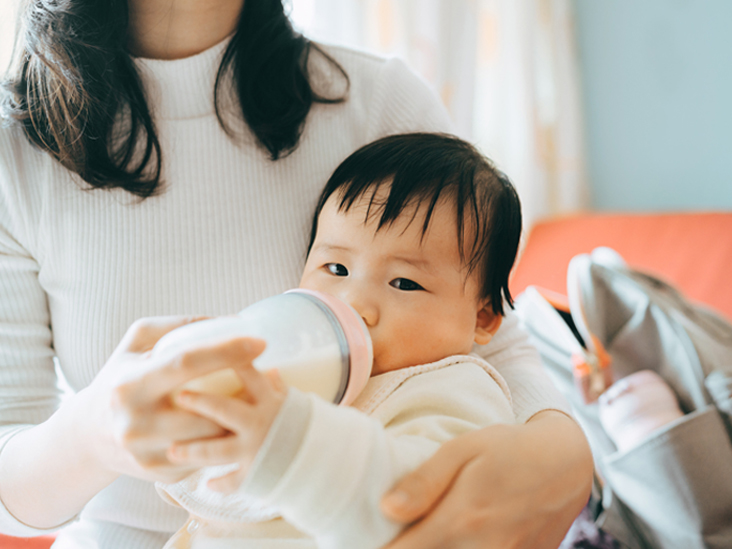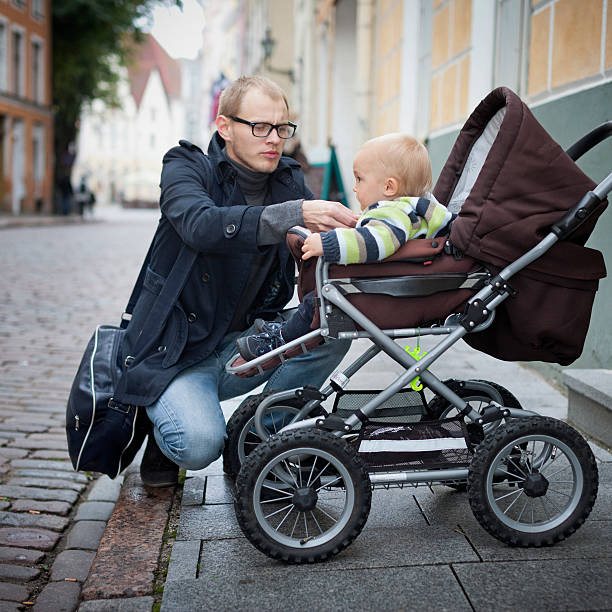Providing a safe and secure home for your baby is important to its future development and having stable living facilities is not enough. Your baby needs to be secure in terms of health too. This stage is when the baby’s immune system is in its sprouting stage when it is weak before common diseases and infections. Hence, ensuring a hygienic living area with basic precautions is essential. Malaysian parents could learn this through doctors, other parents, and readings online. For supplies of these precautions and hygiene tools, baby stores Malaysia could simply meet the demands for it.
Safety steps for prevention
First thing first, it is better to worry than sorry. To beat your enemies, you have to learn about them. Learn about how they spread, how you could stop that, and some key points on the way. Most of the tool requirements to keep up the below precaution could be easily met by reaching out to baby stores Malaysia.
How viral illness transmit
In most cases viruses spread through intermediaries like tiny droplets from sneezing, breathing, or coughing; they could also go from person to person via vomit and faeces (poo) – especially when your baby has diarrhoea. Parents should be aware of these infectants and try to keep their babies from being exposed to potential threats. Usually, when a baby gets infected, there will be a late period before the disease reveals itself, it could be a few days to a few weeks. Both parents should always update on how the baby reacts and recognize any symptoms as soon as possible to have appropriate measures. Come to your local baby stores Malaysia for more choices of methods.
Prevention precautions that you could obtain from baby stores Malaysia:
- Always wash your and the baby’s hands thoroughly: this is to make sure that no illness, parasite, or virus gets in your body through eyes, mouth, and ears contacts.
- Use disposable tissues: getting rid of used wipes could reduce the chances of the virus staying and growing on the contact surface and will get into the baby’s body when you reuse it. This is also why parents should use disposable diapers rather than traditional cloth diapers. Even when parents wash the cloth diaper thoroughly, there are still chances that some of the viruses are left.
- Keep the baby’s environment clean: clean toys, baby’s cot, the floor surface where the baby usually plays, and baby’s feeding bottle or utensils. For this, you can use hot water and disinfectant chemicals, but make sure to leave them far from the baby’s reach.
- Keep the baby away from disease sources: this includes unwell people, faeces, and unknown substances.
Viral illness and how to deal with it

There will be more viral diseases than those listed here, but these are some of the most common ones. Be sure to read more about these types of illnesses to prepare for your baby.
Sore throat
It is common among children and we adults also learned that it is quite painful. The types of viruses that cause this do not need the intervention of antibiotics, and your baby could get better
after one week or two.
Ears pain
This pain is common among children and the causes are varied. This includes ear infections (otitis media), swimmer’s ear (infection of the skin in the ear canal), pressure from a cold or sinus infection, and teeth pain,… These causes need an in-office examination to tell the difference between normal and abnormal cases. If the baby’s ear pain comes along with a high fever and happens in both ears, antibiotic treatment might be suggested by your doctor. Eventually, anything dealing with antibiotics should better stick with the doctor’s decision.
Skin infection
In most cases will acquire a swab test from the doctor to decide on a suitable measure. If your child has a history of MRSA, staph infection, or other resistant bacteria, and contact with anyone before. Make sure the doctor acknowledges this.

